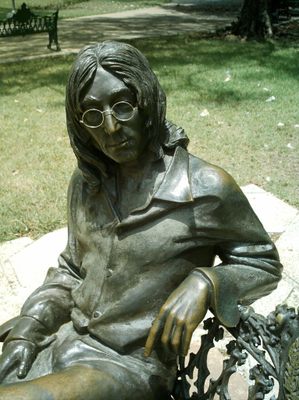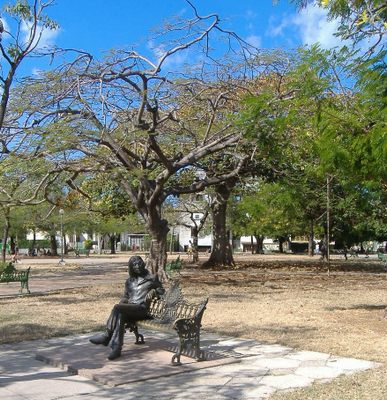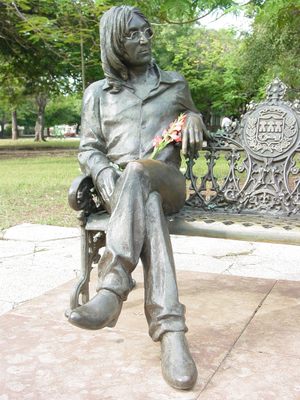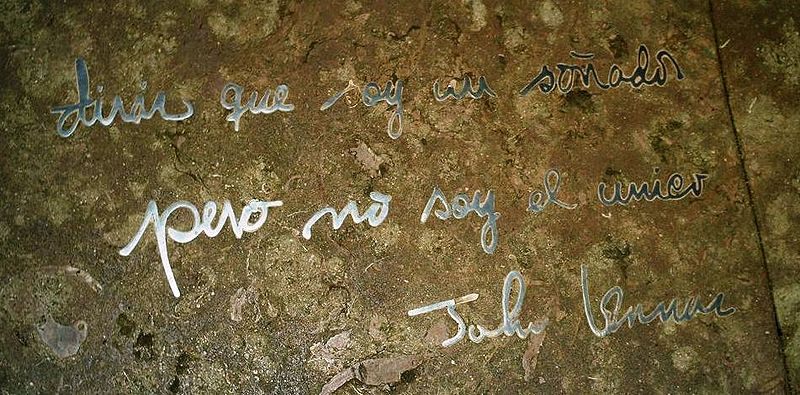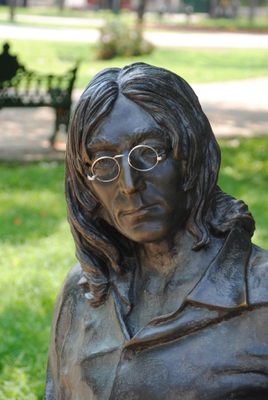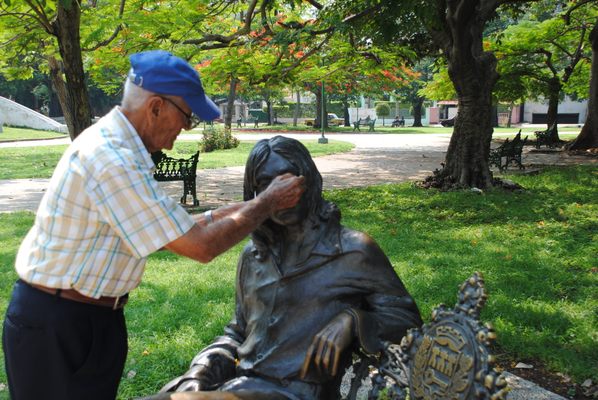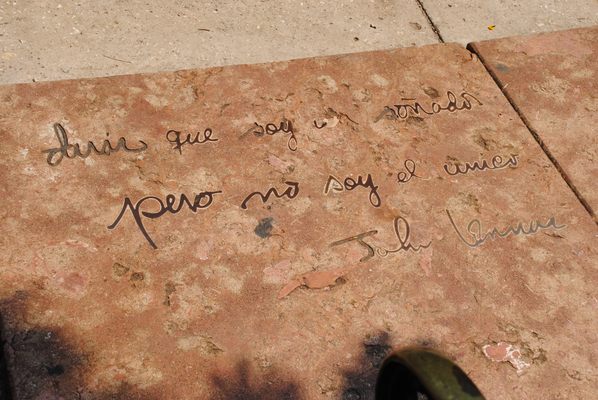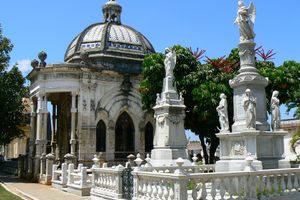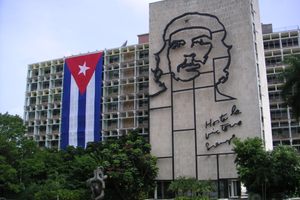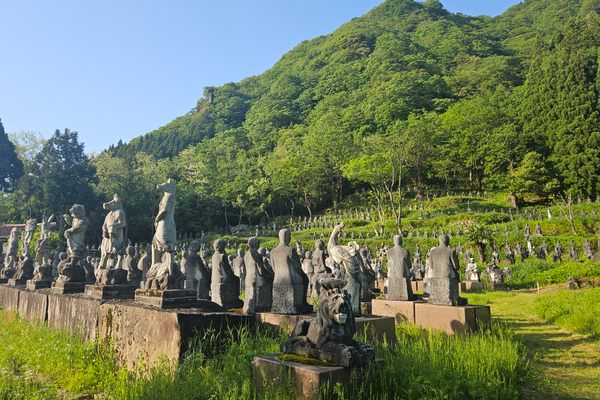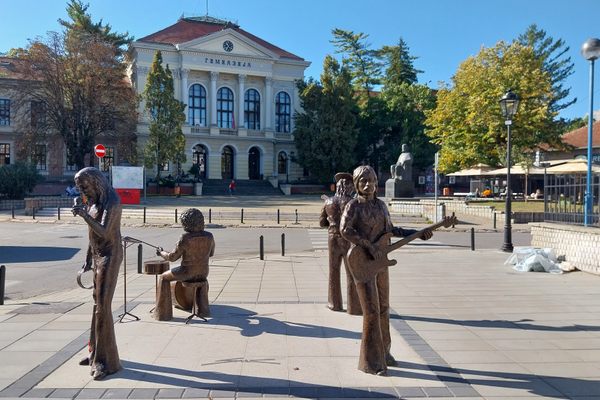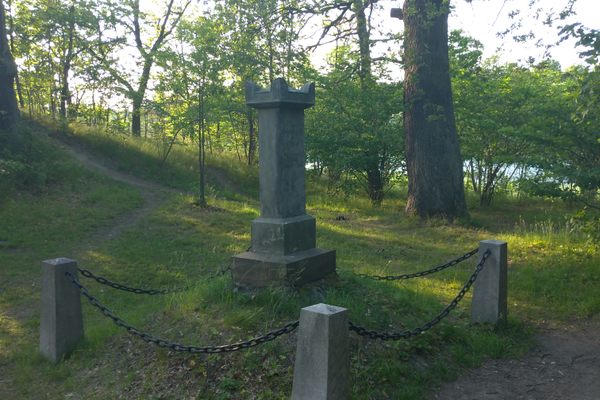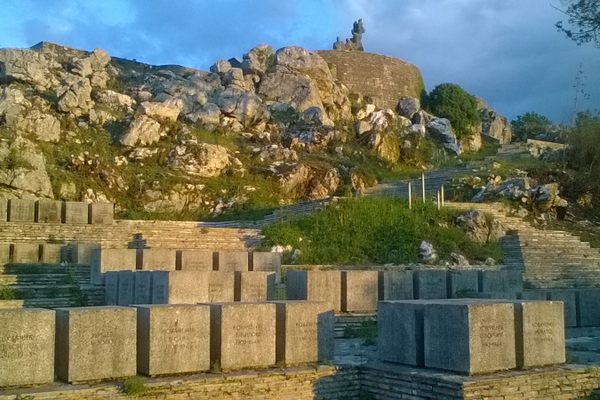About
It's no surprise that the music of John Lennon and the Beatles was banned from Communist Cuba in the 1960s and 70s. Cuban authorities considered the music "ideological diversionism," and decadent American influence during a time of revolution.
Young Cubans intrigued by the cultural revolution happening in the U.S. and Europe could sense what they were being denied access to, but could get only a small taste of the 60s by quietly listening to smuggled Beatles tapes in dark rooms.
Twenty years after John Lennon's death, Castro made a complete 180; no longer was his music banned, instead Lennon was to be celebrated as a hero. Castro unveiled a shiny new bronze statue of Lennon in the new John Lennon Park, screened a documentary on Lennon shot by his personal cinematographer, and organized a Lennon tribute concert in 2000.
The reason for honoring this musical icon? "I share his dreams completely. I too am a dreamer who has seen his dreams turn into reality." Lennon was also harassed by the US government in the later years of his life, and Cuba considers him a rebel and a victim; a kindred spirit to Cuba's relationship with the US.
While the glasses have been stolen and vandalized off his face, a security guard at the park who sometimes sits on the bench with Lennon will reportedly put the glasses on the statue if you ask him.
 On Obscura Day - March 20th, 2010 - Obscuraphiles gathered at John Lennon Park in Havana, Cuba.
On Obscura Day - March 20th, 2010 - Obscuraphiles gathered at John Lennon Park in Havana, Cuba.
Related Tags
Know Before You Go
In the John Lennon Park, the statue is on one of the benches of the park, nearer the corner of streets 17th and 6th.
Published
February 3, 2010
